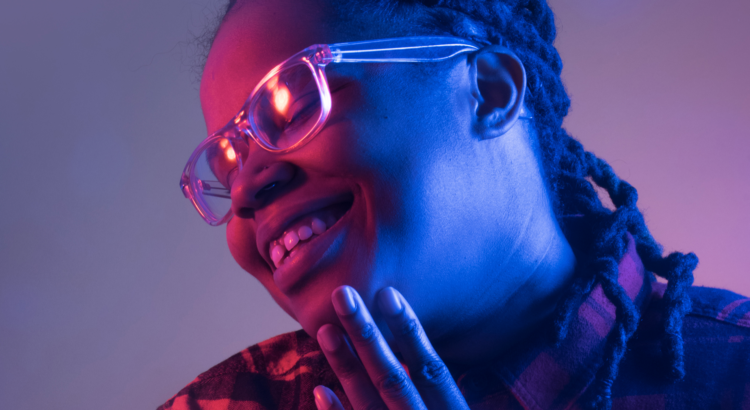Spoken word is a powerful medium for literature. It brings together elements of traditional poetry, the lyrical form and flow of rap music, and the stage presence and movement of dance. The audience is more closely involved in the experience than a reader of Dickinson might be; it is a conversation with the author, a chance to see the emotion on their face when they speak and to react more richly to the writing.
Members of University of Michigan’s Slam Poetry team opened the night with a selection of poems I still feel lodged in the back of my mind, even days later. I will not reveal how many tears I cried, but the number was embarrassingly high.
A self-proclaimed “emotional b*tch,” Bronx native Roya Marsh is sheer inspiration in human form. She has ascended from minor competitions and open mics to performing at Carnegie Hall in front of an audience of thousands. She commands the stage whether in mid-poem or casual conversation with members of the peanut gallery; it is impossible to peel your eyes off of her as she moves through words you know are intentionally selected one by one. Her 15-poem set (all memorized and organized in her head, or what she calls her “rolodex of poems”) felt somewhere between a Sammus concert, a comedy act, and a palm reading session. The crowd was modest, but that made it all the more personal. At one point, she asked just about everyone if they’d been to New York and what their major was.
The poems went hard and fast, their words expressive and moving. I felt a literal, bodily sensation when I was being pushed through such a range of emotions in a short period of time; a sense of that fullness which can only be achieved through a run-on stream of hurt and joy and experience. It was easy to fall into the atmosphere of the place, the fancy theater and the lights of the stage and Roya standing, shining in front of the audience. I was rapt, unable to focus on anything else as I took in what it meant to be in a room of strangers all feeling differently about the same words. The night and the poetry were completely encompassing, ambient. The turmoil within the intersection of race, gender, sexuality, and class had never been so clearly laid out, and in such an undiluted way. Other expressions of such experiences have the tendency to fall flat, whether in traditional poetry, theater, or novel form. Hearing the author speak as loudly, as harshly, as fast or slowly as they choose to is more strongly moving than anything that could be written on a page.
If you are interested in keeping up with what she’s up to, Roya is on Twitter at @ChampagnePoet (right up there in the search results for Drake). She is currently working on an album of spoken word poetry, coming out next year, so keep your eyes peeled for those updates!



